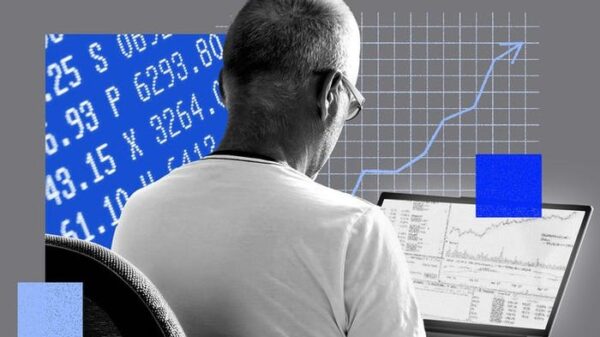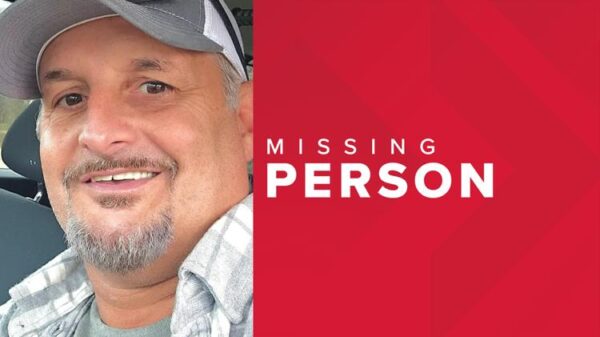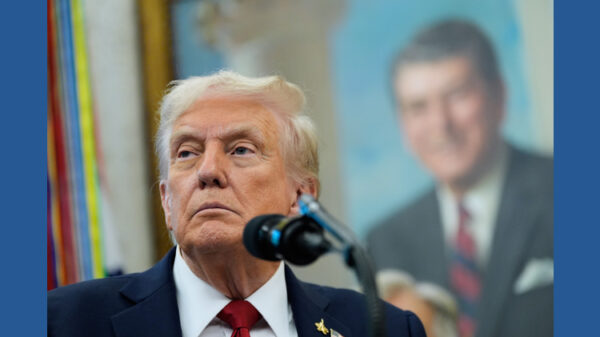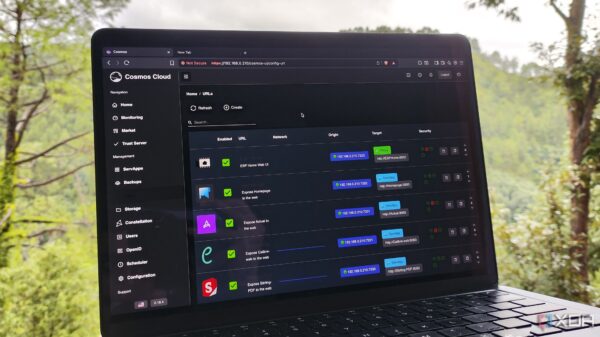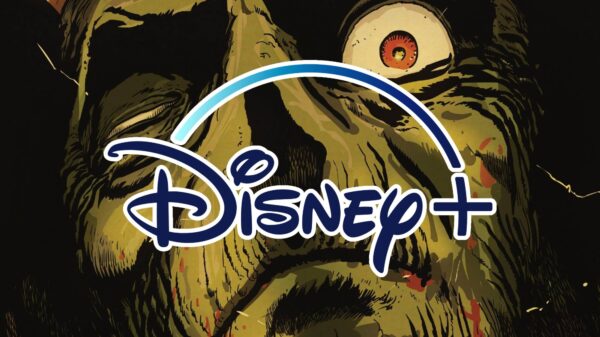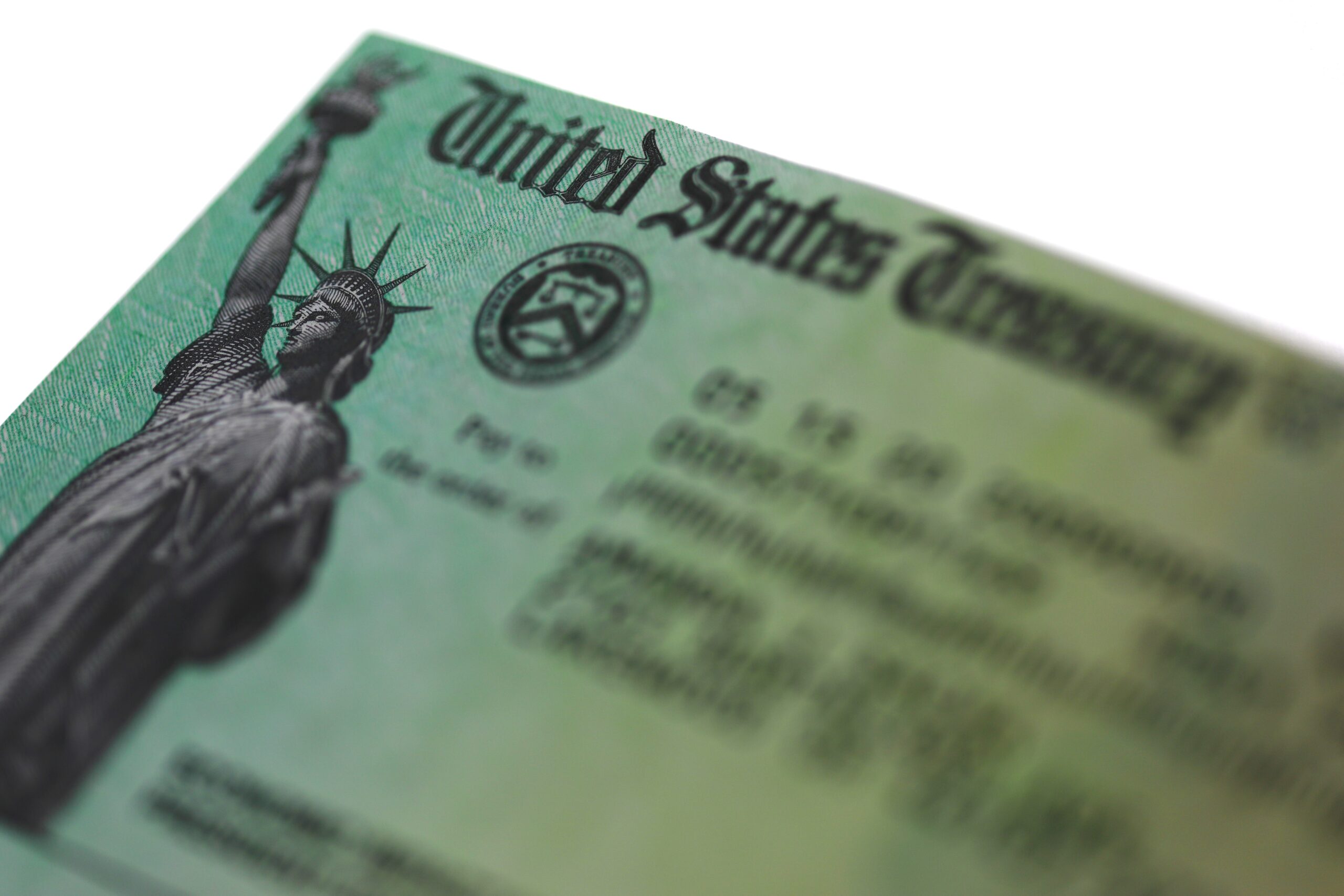A significant data breach is unfolding through the United States mail system, exposing vulnerabilities that financial institutions may not fully grasp. In early 2023, a business owner in New Jersey discovered that five U.S. Treasury checks, valued at over $200,000 each, had been stolen. This incident is part of a larger trend, with criminals exploiting the mailbox to facilitate identity theft and fraud.
The investigation revealed that the fraudsters had hijacked the business owner’s personal and business identities, creating a lookalike company to cash in on the stolen checks. In total, they siphoned off an astonishing $2 million. This case illustrates a growing threat that parallels digital data breaches but remains largely overlooked.
The Rising Threat of Mailbox Fraud
Since mid-2021, fraudsters have increasingly targeted U.S. Postal Service letter carriers to gain access to “arrow keys,” which unlock thousands of mail collection boxes. With these keys, they can access vast amounts of mail, searching for checks and sensitive personal data. A staggering $485 million in stolen Treasury checks was cataloged for sale online within just three months of 2024.
These stolen checks serve multiple purposes for criminals. They not only facilitate account takeovers but also provide raw materials for creating stolen and synthetic identities, impersonating businesses, and committing tax refund fraud. Each check comes with critical personal information, including names, addresses, and routing numbers, which can be used to build complete identity theft profiles.
Financial institutions must recognize this issue as more than just a check fraud problem. It represents a systemic threat to identity security, impacting various product lines, including personal checking, small to medium-sized business accounts, and digital lending.
Connecting Check Fraud and Identity Theft
A recent analysis of suspicious activity report data from the Financial Crimes Enforcement Network (FinCEN) from January to November 2024 highlighted a strong correlation between check fraud and identity theft incidents. More stolen or altered checks reliably predicted increased cases of identity theft in the months that followed.
The examination of 1,947 identities linked to Treasury checks sold on Telegram between May 2024 and May 2025 underscored this connection. When cross-checked against account application data, it was found that 60 out of every 1,000 identities appeared in high-risk applications—nearly double the baseline identity theft rate.
To combat these threats, fraud teams within financial institutions need to treat check theft as an early warning system. By monitoring whether applicant information appears in known fraud markets, banks can prevent account opening fraud from occurring. Additionally, identity verification tools must adapt to detect anomalies effectively, using advanced machine learning models to identify potential fraud without creating excessive barriers for legitimate customers.
Furthermore, banks should reevaluate their onboarding processes for small and medium-sized businesses. Research indicates that fraudsters are reinstating dormant limited liability companies (LLCs) with falsified ownership information to apply for business products. Traditional verification methods, such as Employer Identification Number validation and online presence checks, may no longer suffice.
Engagement with policymakers is also critical. The U.S. Postal Service has begun addressing the issue of arrow key theft, and the U.S. Treasury is moving towards digital payments. However, neither system currently allows for real-time feedback regarding fraud. Collaboration between financial institutions, fraud intelligence providers, and public agencies is essential to track how physical data theft translates into digital fraud, ideally before tax season.
In 2024, the IRS received 167.1 million individual income tax returns and issued 105 million refunds, with approximately 20% (about 21 million) sent by paper check. If just 5% of those checks were intercepted, that would mean over 1 million compromised envelopes. Should the identity theft rate remain consistent at 6%, more than 63,000 Americans could face identity theft annually due to mail fraud.
This is akin to a midsize corporate data breach occurring each year, quietly and in plain sight. The toll does not stop with Treasury checks; thousands of personal and business checks sent daily are also vulnerable. Payments to vendors, landlords, and utility companies are being stolen and exploited for new accounts, credit applications, and benefits claims.
Unlike digital breaches, which mandate regulatory disclosure and remediation, there is currently no accountability for identity fraud driven by mail theft. Victims do not receive alerts or credit monitoring, and financial institutions are not required to notify consumers when checks or identities are detected in criminal marketplaces. Until this changes, banks will continue to bear the burden of risk and necessary remediation efforts.
This situation is not merely a government failure; it represents a significant blind spot in the private sector’s fraud defenses, costing both institutions and consumers. The mailbox has become a critical breach vector, and it is imperative for financial institutions to start treating it with the seriousness it deserves.


